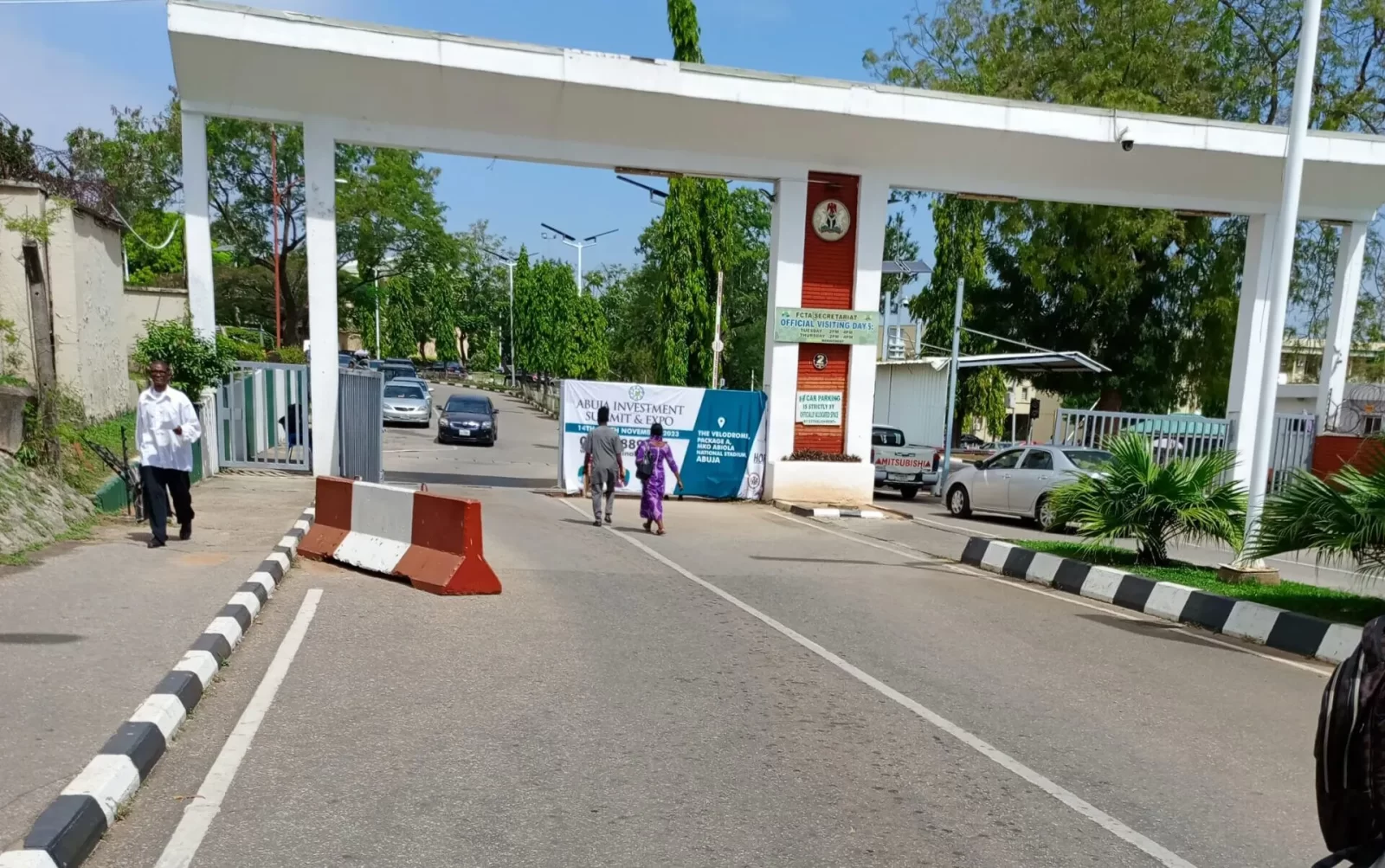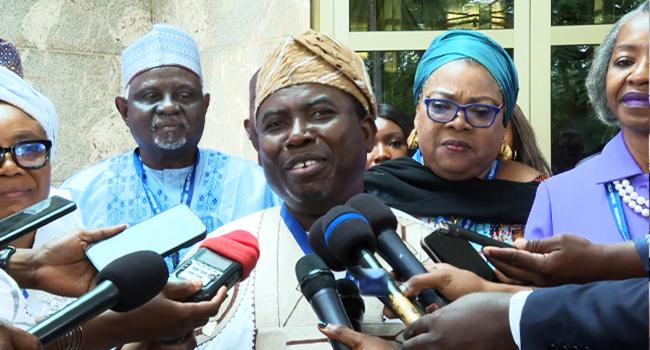Nigeria’s Minister of Marine and Blue Economy, Alhaji Gboyega Oyetola, has highlighted the immense potential of the blue economy sector in providing opportunities for the country’s growing youth population.
Oyetola, represented by the Managing Director, Nigerian Ports Authority (NPA), Dr. Abubakar Dantsoho, spoke at the 2024 International Conference on Advancing Entrepreneurship Education and Practice for Sustainable Development in Africa on Wednesday.
He noted the various economic activities that constitute the blue economy, including maritime shipping, coastal tourism, fisheries and aquaculture, and renewable energy generation.
The minister said that Nigeria’s expansive coastline of 853 kilometres along the Atlantic Ocean and its maritime area of 46,000 square kilometres within the Gulf of Guinea provide a vast and varied resource base for the blue economy.
“The Marine and Blue Economy represents a blue gold mine of entrepreneurial opportunities for African entrepreneurs and researchers.
“By harnessing innovation, embracing sustainability, and fostering collaboration between government, academia, and the private sector, we can create a thriving marine and blue economy that contributes significantly to Nigeria’s sustainable development.
“The Marine and Blue Economy represents a frontier of immense potential for Nigeria and indeed, all of Africa. It is a sector that, if harnessed correctly, can drive innovation, create jobs, and contribute significantly to our national and continental GDP,” said Oyetola, a former governor of Osun.
In addition, he pointed out that the country’s exclusive economic zone spans over 200 nautical miles, with a recent extension of 16,300 square kilometers—approximately five times the size of Lagos State.
Oyetola called on academic institutions to collaborate with the government to harness the potential of the blue economy.
He pointed out the need for innovation, sustainability, and collaboration between government, academia, and the private sector to create a thriving marine and blue economy.
The minister also highlighted Nigeria’s extensive resource of inland waterways, with the potential to support intra-regional trade through a length of 10,000 kilometres.
Strategically situated navigational routes link Africa with North and South America, Europe, and Asia, making the maritime sector a crucial catalyst for the nation’s economy.






































Leave a comment